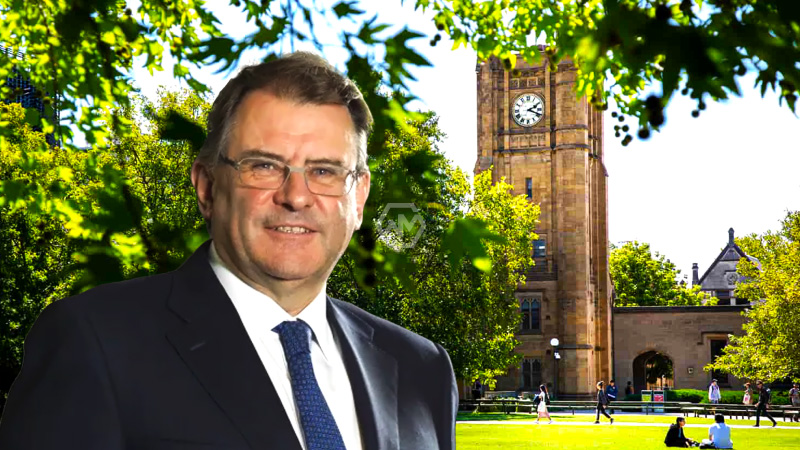The University of Melbourne’s vice chancellor, Duncan Maskell, has joined the Green Party and student unions in pushing for free tertiary education. He claimed it was “sadly fashionable” to believe that students taking out loans to pay for college was a “natural order of things” as opposed to a decision made by policymakers.
From 1974 until the implementation of the Higher Education Contribution Scheme (Hecs) in 1989, the University of Melbourne was free to all Australian citizens. Since the implementation of the Coalition’s job-ready graduates package, individual courses can range in price from $4,000 to $14,500.
Free Higher Education
Maskell, the highest-paid vice-chancellor in Australia at the moment, claimed that he would not have attended university if he had been compelled to take out a loan. He believes that a large portion of people’s decisions not to attend college still have to do with the threat of significant debt.
Since the implementation of the Coalition’s job-ready graduates package, individual courses can range in price from $4,000 to $14,500.
- University of Melbourne vice-chancellor advocates for free tertiary education, rejecting loans as a policy decision.
- Australian Universities Accord Panel urges a bold, radical approach, to promoting equal access.
- Maskell argued university enrollment surpasses financial costs, influencing policy decisions.
Mary O’Kane, the chair of the Australian Universities Accord Panel, has asked the sector to be “big, bold, and radical” in its comments, while Jason Clare, the education minister, said enhancing equal access to higher education is a significant topic of discussion in the agreement.
Reintroducing free education for Australian domestic students would be one of the most significant radical adjustments that could be done to support this.
Australia will be 25,000 students shy of the 2030 goal of having 20% of all university entrants come from poor socioeconomic backgrounds. In contrast to other nations, New Zealand provides free tuition for the first year of study.
Maskell claimed that increasing university enrollment would eventually exceed the financial cost and that private profit should not be the only factor influencing policy decisions.



